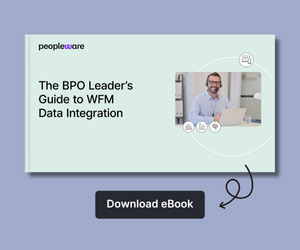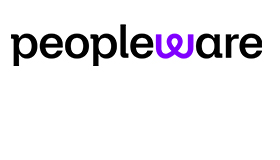Peopleware has published its 2025 Workforce Management (WFM) Benchmark Report, capturing insights from professionals across 38 countries and 14 industries.
The study examines key areas such as forecasting, scheduling, intraday management, and analysis, identifying three main themes shaping the future of WFM: improving operational efficiency, adapting to hybrid work complexity, and strengthening employee engagement.
The report finds near-universal agreement on the strategic value of WFM, with 99% of respondents viewing it as essential to business success. Organizations using WFM tools effectively report benefits such as increased efficiency and lower turnover costs.
Despite the widespread shift to hybrid models-adopted by 79% of organizations-optimized scheduling remains underused. Just 23% apply it broadly, and most employees have limited input on their own shifts.
Employee engagement also shows a gap between intention and impact. While most leaders consider it important, many frontline workers report low levels of empowerment. However, organizations investing more time in engagement activities are significantly more likely to see positive outcomes.
Key priorities identified for 2025 include:
- Strengthening the strategic case for WFM through measurable ROI
- Adopting flexible, demand-based scheduling
- Tracking employee-centric metrics alongside traditional performance indicators
The report offers a data-driven view of how organizations can align operational goals with workforce needs in the year ahead.
Download the full report: Peopleware’s WFM Benchmark Report
For more information about Peopleware - visit the Peopleware Website
Author: Hannah Swankie
Reviewed by: Jo Robinson
Published On: 14th May 2025
Read more about - Latest News, Peopleware






 Peopleware is a leading workforce management (WFM) solution, trusted by over 500,000 users in 30+ countries. With smart forecasting, automated scheduling and real-time management, organizations can optimize workforce efficiency and keep work aligned with demand. From precise time tracking to flexible planning, Peopleware helps organizations boost operational efficiency and foster a more engaged, productive workforce.
Peopleware is a leading workforce management (WFM) solution, trusted by over 500,000 users in 30+ countries. With smart forecasting, automated scheduling and real-time management, organizations can optimize workforce efficiency and keep work aligned with demand. From precise time tracking to flexible planning, Peopleware helps organizations boost operational efficiency and foster a more engaged, productive workforce. 









